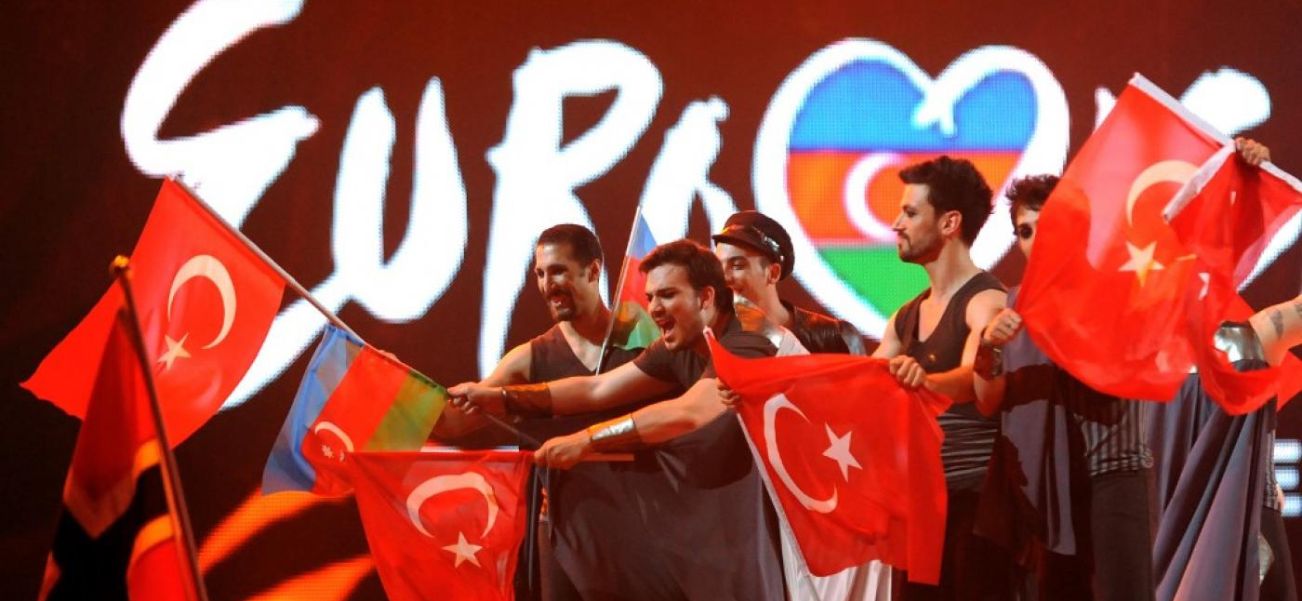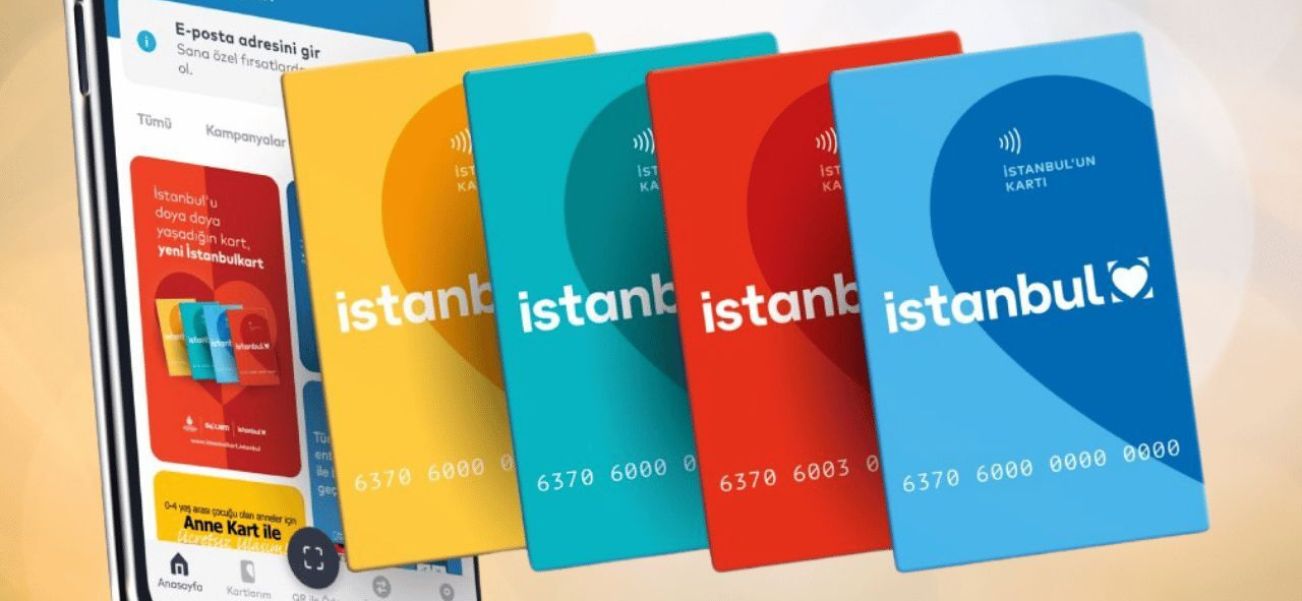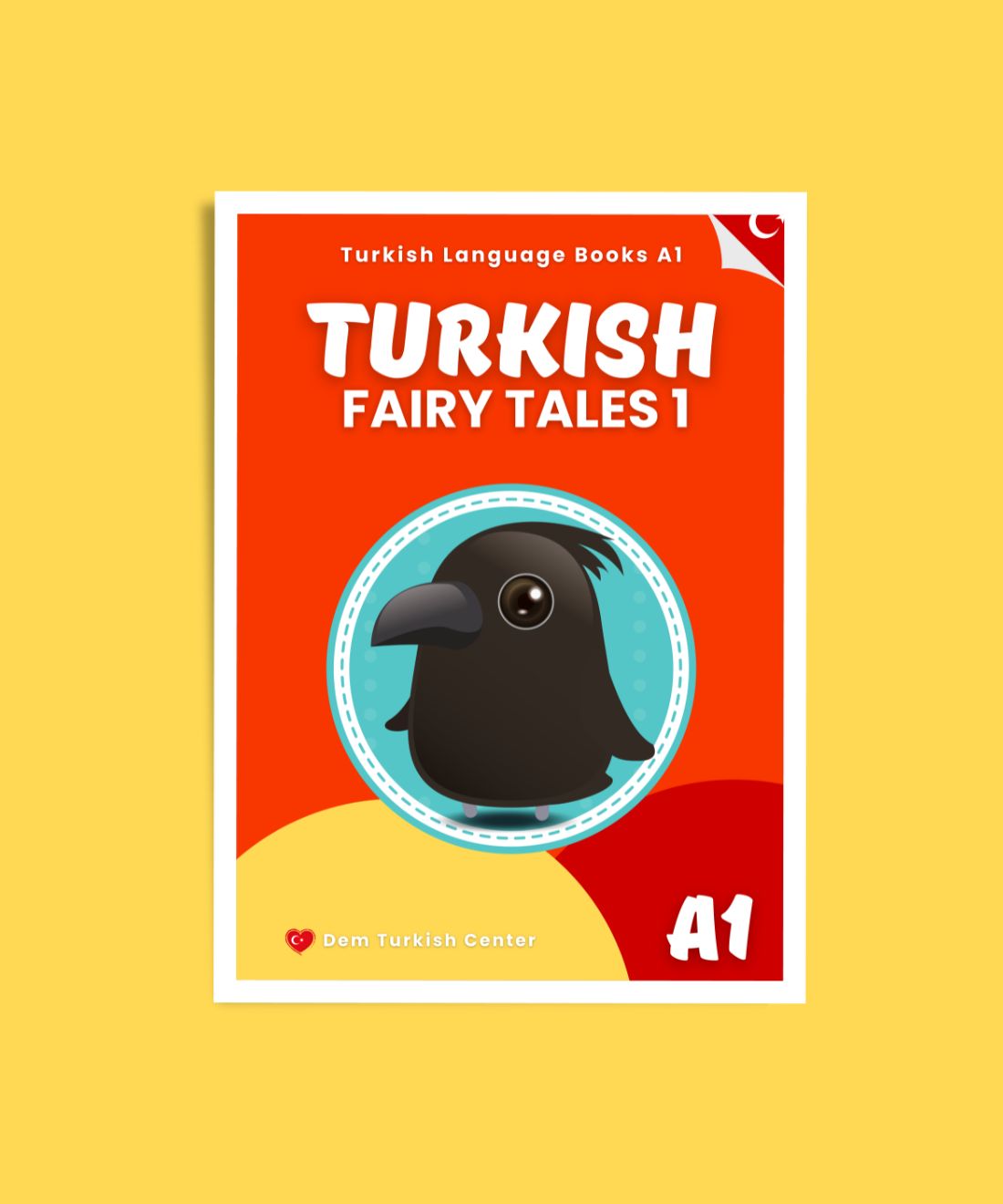
Turkey In The Eurovision Song Contest: The Rise, Reign, and Regretful Absence of Turkey
For decades, the Eurovision Song Contest was a kaleidoscope of musical styles, a vibrant battleground where pop anthems, power ballads, and folk traditions collided. And for many fans, one of the most electrifying and distinctive voices in that mix was Turkey’s. A nation that perfectly understood the assignment of blending modern production with deep-seated cultural heritage, Turkey didn't just participate in Eurovision; it often dominated, leaving an indelible mark on the competition's history.
The story of Turkey in Eurovision is a tale of three distinct acts: a long, slow-burning beginning, a spectacular golden age of success, and a current, puzzling silence. It’s a narrative filled with iconic performances, strategic voting blocs, and a musical identity that was entirely its own.
From Anatolian Rock to Euphoria: The Rise, Reign, and Regretful Absence of Turkey in the Eurovision Song Contest
View the playlist below for all the Turkish songs in the Eurovision Song Contest (from 1975 to 2012):
Part I: The Early Years – A Slow Start on the European Stage

Turkey made its Eurovision Song Contest debut in 1975, a full 20 years after the first contest. The initial forays were tentative, often failing to capture the public's imagination or the jury's votes. For years, Turkey languished near the bottom of the scoreboard, with numerous last-place finishes. The songs during this period were often generic pop or schlager, failing to stand out in the growing crowd of contestants.
The first glimmer of hope came in 1986. The band "Klips ve Onlar" with the song "Halley" did the unthinkable—they finished in 9th place. While not a victory, it was a monumental success for Turkey at the time, proving that points were possible. However, this was a false dawn. The country returned to its struggling ways, even scoring the dreaded "nul points" in 1987 and 1989.

The turning point, both musically and strategically, came in 1997. This was the year the orchestra was removed, paving the way for more contemporary, pre-recorded tracks. More importantly for Turkey, it was the year public televoting was introduced. This change would fundamentally alter Turkey's Eurovision destiny, unlocking the power of the diaspora vote and revealing cultural and musical affinities with neighbouring countries.
Part II: The Golden Age – Şebnem Paker, Sertab, and the MaNga Era
The true revolution began in 1997 with "Şebnem Paker" and her group "Grup Etnic". Their song, "Dinle" (Listen), was a revelation. It was a beautiful, haunting track that masterfully blended modern pop with traditional Turkish instruments and melodies. It finished in 3rd place—Turkey's first top-five result and a signal that a new powerhouse had arrived. The formula was simple yet powerful: authenticity. Instead of mimicking Western European pop, Turkey had discovered that its greatest strength was its own rich musical heritage.
This lesson was learned and perfected. In 2003, "Sertab Erener" arrived in Riga with "Everyway That I Can." The song was a masterclass in fusion. A seductive, oriental-pop track with a driving beat, Turkish lyrics in the chorus, and Sertab’s powerful vocals, it was irresistible. The performance, complete with evocative choreography inspired by Ottoman "hamam" (bath) culture, was captivating. When the votes were counted, Turkey had won the Eurovision Song Contest for the first time. The victory was monumental, sparking national celebrations and cementing Eurovision's place in Turkish popular culture. Sertab’s win was a declaration: Turkey had a unique and winning musical identity.

The victory in 2003 meant Turkey hosted the contest in 2004 in Istanbul. This was a spectacular event, showcasing the country's hospitality and organisational prowess on a massive European stage. The following years saw consistent success, proving 2003 wasn't a fluke. "Athena" scored a 4th place with a vibrant punk-skà performance in 2004, and "Gülseren" delivered a powerful 13th place with the dramatic "Rimi Rimi Ley" in 2005.
Then came 2010. The band MaNga took to the stage in Oslo with "We Could Be The Same." This track was a perfect evolution of the Turkish sound. It fused alternative rock and nu-metal with Anatolian melodies and electronic elements, creating a sound that was both globally contemporary and distinctly Turkish. The song was a massive hit, resonating with the youth across Europe and finishing in 2nd place. It remains one of the most beloved and successful rock entries in modern Eurovision history.
This "Golden Age" (roughly 1997- 2012) was characterized by a confident embrace of Turkish folk music, Anatolian rock, and oriental pop. Artists weren't afraid to sing in Turkish, and the country became a prime example of how to use the Big Five automatic qualification rule to its advantage, consistently having to compete in the semi-finals and proving its worth.
Part III: The Strategic Withdrawal – Politics, Petitions, and a Persistent Absence

After the 2012 contest, where "Can Bonomo" delivered a respectable 7th place with his quirky, nautical-themed "Love Me Back," Turkey suddenly withdrew. The initial reasons given by the national broadcaster, TRT (Turkish Radio and Television Corporation), centred on dissatisfaction with the contest's rules.
The primary grievances were:
- The "Big Five" Rule Turkey argued that the automatic qualification for France, Germany, Italy, Spain, and the United Kingdom was unfair.
- The Voting System The introduction of the jury vote alongside televoting in 2009 was seen by TRT as diluting the power of the public and the diaspora.
- Musical Homogenisation There was a growing perception that Eurovision was favouring generic, English-language pop songs over unique cultural entries, making it harder for a country like Turkey to compete with its distinct sound.
However, beneath these stated reasons lay a more complex layer of political tensions. Turkey's relationship with the European Union had become strained, and many interpreted the withdrawal as a political statement, a move away from a Europe-facing identity. Furthermore, the growing success of Azerbaijan, a close ally and cultural cousin, highlighted the shifting voting blocs in the contest, which sometimes felt less about music and more about political and cultural alliances.
Despite annual speculation and fervent fan petitions, Turkey has not returned to the contest. The absence is deeply felt. The Eurovision stage is poorer without the energetic fusion of Turkish sounds, the powerful balads, and the rock anthems that defined the country's entries.
The Legacy and the Lingering Hope for a Return
Turkey's impact on the Eurovision Song Contest is undeniable. It proved that a non-Western European country could not only compete but could win and shape the contest's musical landscape. The success of Sertab and MaNga paved the way for other countries to embrace their native languages and traditional sounds, influencing entries from the Caucasus to the Balkans.
The key to Turkey's success was always its unique musical identity. By tapping into the sounds of Anatolian rock—a genre pioneered by legends like Barış Manço and Cem Karaca that fuses Turkish folk with rock—and the rhythms of its folk traditions, Turkey created a brand that was instantly recognizable. In a sea of sometimes forgettable pop, a Turkish entry was always an event.
For the global Eurovision fan community, the question "Will Turkey return?" is a perennial topic of discussion. Each spring, social media lights up with hopeful messages. The potential for a comeback is huge. A country with such a rich musical history, a massive and engaged diaspora, and a proven track record of creating memorable, competitive entries would be a guaranteed contender.
The return of countries like Italy and the success of culturally distinct winners like Portugal's Salvador Sobral have shown that authenticity is, once again, highly valued in the contest. The stage is set for Turkey's return. All it would take is a shift in strategy from TRT and a recognition of the immense soft-power and cultural diplomacy opportunity that the Eurovision Song Contest represents.
Until that day, we are left with the incredible archive of Turkish Eurovision moments. From the revolutionary "Dinle" to the triumphant "Everyway That I Can" and the modern rock anthem "We Could Be The Same," Turkey's Eurovision journey is a masterclass in finding your voice and sharing it with the world. Its absence is a silence that speaks volumes, a reminder of a vibrant colour missing from the Eurovision rainbow. The hope remains that one day, we will once again hear that unique fusion of East and West, of tradition and innovation, and welcome Turkey back to the stage it so brilliantly illuminated.
Recommended reading: Turkish Songs in the Eurovision Song Contest
Are you learning Turkish? Visit DemTurkishBookstore.com, download courses and lessons and learn Turkish yourself!














